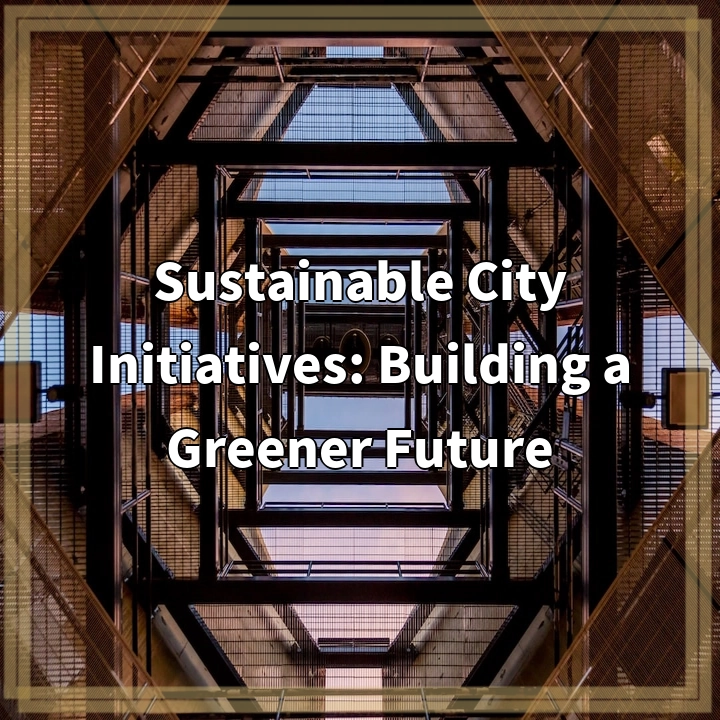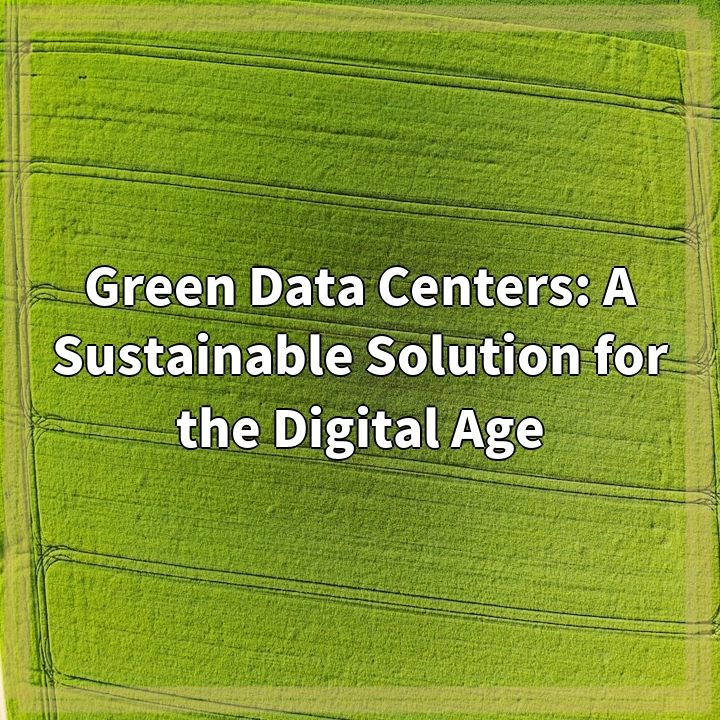
What are Sustainable City Initiatives?
Sustainable City Initiatives refer to efforts and actions taken by cities and urban communities to promote environmental sustainability, conserve resources, and reduce carbon footprints. These initiatives aim to create cities that are more environmentally friendly, socially equitable, and economically viable for future generations. Sustainable City Initiatives encompass a wide range of practices, including renewable energy adoption, waste management, green infrastructure development, public transportation improvements, and community engagement in sustainable practices. These initiatives acknowledge the urgent need to address climate change and promote sustainable development in urban areas.
Real-world Problems Associated with Sustainable City Initiatives
While Sustainable City Initiatives offer potential solutions to pressing environmental challenges, various hurdles and obstacles can hinder their successful implementation. Some common real-world problems associated with Sustainable City Initiatives include:
1. Funding and Resource Constraints
Implementing sustainable initiatives requires significant financial resources. Cities often face budgetary constraints and struggle to secure the necessary funding for large-scale projects. Limited access to resources can delay or even prevent the implementation of sustainable practices, hindering progress towards greener and more sustainable cities.
2. Lack of Political Will and Effective Governance
Sustainable City Initiatives require strong political will and effective governance to ensure their successful implementation. However, competing priorities and short-term thinking among policymakers may impede progress. Inadequate collaboration between different government departments and a lack of long-term planning can undermine the effectiveness and impact of sustainable initiatives.
3. Resistance to Change and Stakeholder Engagement
Resistance to change from various stakeholders, including residents, businesses, and interest groups, can pose significant challenges to Sustainable City Initiatives. Engaging and educating the community about the importance and benefits of sustainable practices is essential for gaining support and cooperation. Overcoming resistance and fostering a sense of ownership among stakeholders is critical for the success and sustainability of these initiatives.
4. Technological Barriers and Infrastructure Challenges
The adoption of sustainable technologies and the development of green infrastructure may face technological and infrastructural challenges. Limited access to advanced technologies, the need for significant infrastructure upgrades, and the integration of new systems can create complexities and delays in implementing sustainable practices. Overcoming these barriers requires collaboration between city planners, technology providers, and infrastructure developers.
5. Equity and Social Justice
Sustainable City Initiatives must address equity and social justice concerns to ensure the benefits are distributed fairly. Environmental injustices, such as the disproportionate burden of pollution or lack of access to green spaces in certain communities, need to be confronted and resolved. It is crucial to involve diverse stakeholders and prioritize inclusivity to achieve true sustainability in cities.

Solutions for Sustainable City Initiatives
Addressing the real-world problems associated with Sustainable City Initiatives requires proactive measures and collaborative efforts. Here are some potential solutions:
1. Leveraging Funding and Resources
Cities can explore alternative funding sources, such as public-private partnerships, grants, and subsidies, to finance sustainable projects. Prioritizing investments in energy-efficient infrastructure and promoting resource conservation can also help optimize limited resources.
2. Strengthening Political Commitment and Governance
To overcome political barriers, cities need to prioritize sustainability as a long-term goal and incorporate it into urban development plans. Effective coordination between different government departments and the establishment of sustainable governance structures can facilitate the implementation of initiatives.
3. Enhancing Stakeholder Engagement and Education
Cities can foster community involvement through education campaigns, public consultations, and involving residents in decision-making processes. Providing incentives and showcasing the benefits of sustainable practices can help overcome resistance and encourage active participation from stakeholders.
4. Promoting Technological Innovation and Infrastructure Development
Cities can collaborate with technology providers, research institutions, and infrastructure developers to explore innovative solutions and enhance infrastructure capabilities. Implementing pilot projects, encouraging knowledge sharing, and investing in emerging technologies can drive sustainable advancements.
5. Ensuring Equity and Inclusivity
Cities must prioritize equity and social justice in their sustainability efforts. This includes identifying and addressing environmental injustices, providing equal access to green spaces and resources, and involving marginalized communities in decision-making processes to ensure fair distribution of benefits and opportunities.















